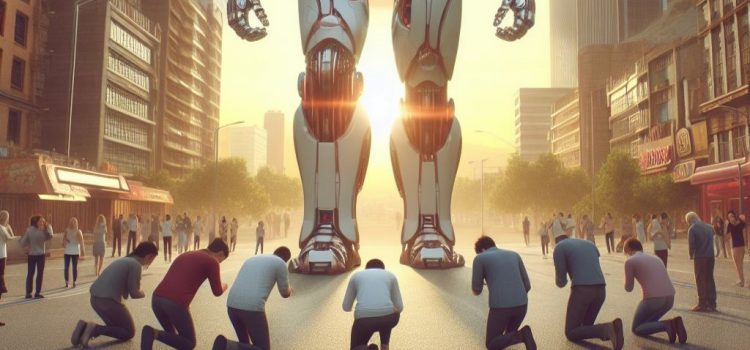How do trees survive in winter? How can they withstand the cold? In what ways do trees cooperate? Trees live on little more than sunlight, water, and the nutrients they draw from the soil. They respond to changes in the seasons and weather even the harshest winters. Recent research indicates they may be less solitary than they appear, and may help each other survive the cold. Here’s a look at the science behind how trees survive winter.
How Do Trees Survive Winter? The Science Behind It










